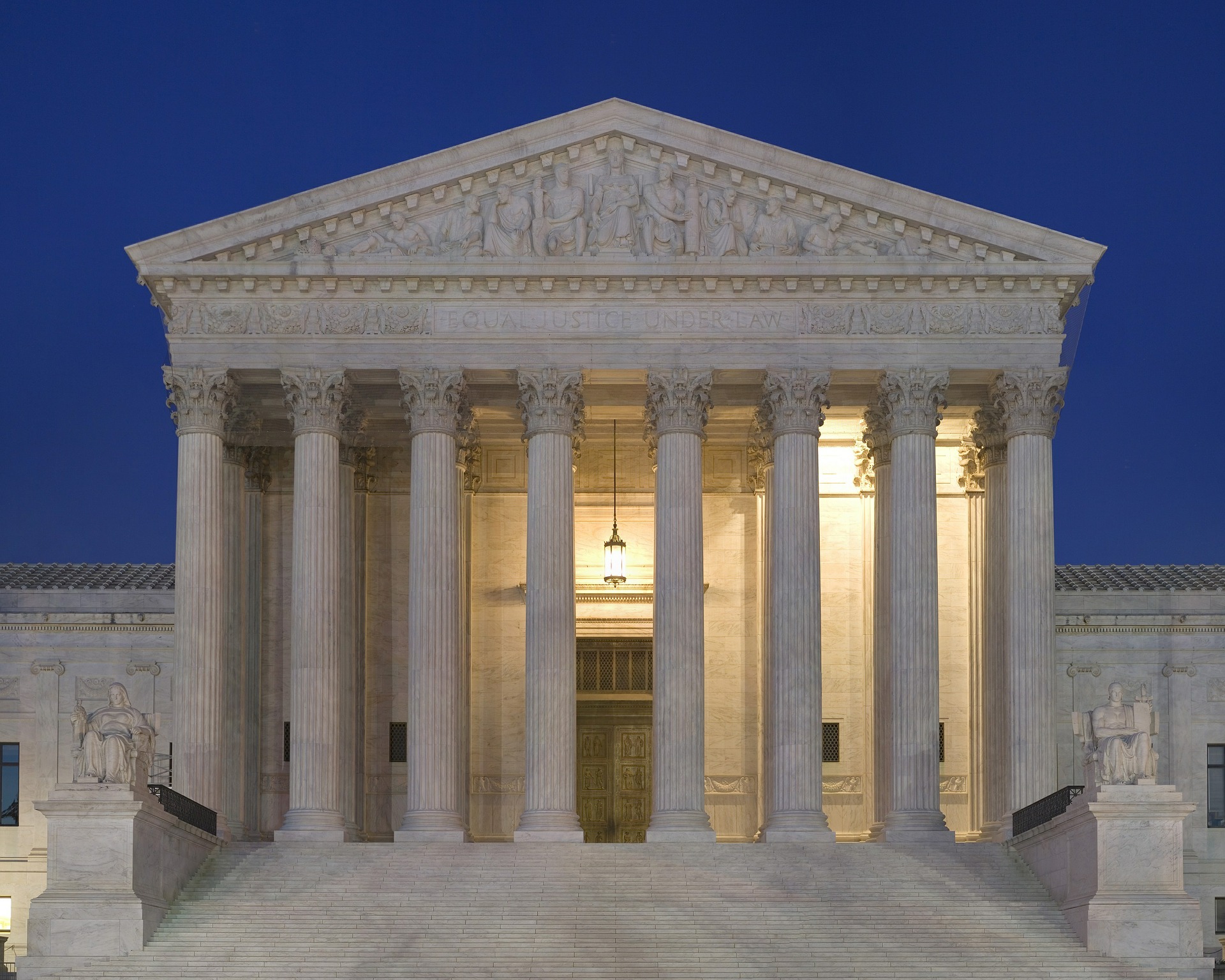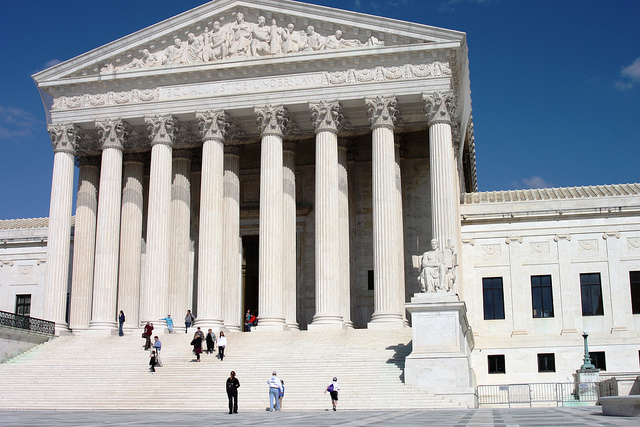 The federal government has sued the state of Oklahoma in a new lawsuit seeking to block HB 4156 from taking effect, a new anti-immigration law that regulates the entry of noncitizens by detaining and fining migrants who are unlawfully present in the state.
The federal government has sued the state of Oklahoma in a new lawsuit seeking to block HB 4156 from taking effect, a new anti-immigration law that regulates the entry of noncitizens by detaining and fining migrants who are unlawfully present in the state.
The U.S. government filed the lawsuit in the U.S. District Court for the Western District of Oklahoma on May 21st arguing that HB 4156 is unconstitutional because the federal government maintains exclusive jurisdiction over the subject of immigration and the status of noncitizens under the supremacy clause and foreign commerce clause of the U.S. Constitution.
Oklahoma’s HB 4156 which was slated to take effect July 1st considers the unlawful presence of a noncitizen in the state to be an “impermissible occupation” and directs law enforcement officials to arrest and jail undocumented immigrants.
The law aims to protect the state’s citizens against undocumented immigrants who could “potentially harm” its residents. Under the law, a first conviction would be a misdemeanor punishable by up to a year in county jail and a $500 fine. A second conviction would rise to a felony and carry a sentence of up to two years in county jail and a $1,000 fine.
Those convicted would be required to leave the state of Oklahoma within three days of being released from county jail.
In attempting to enforce this law, the Justice Department argues that the state is circumventing established law and constitutional authority by trying to take matters into its own hands.
 Visa Lawyer Blog
Visa Lawyer Blog










